Description
Introducing the book of The Just Assassins by Albert Camus
The Book of the Righteous is a readable and passionate play by Albert Camus. Albert Camus has made the story of the assassination of the Tsar’s cousin and the conversations surrounding this plot the basis of a readable play that is being translated by Abolfazl Ghazi.
About the Book of The Just Assassins
The righteous, or peacemakers, are a group of people who, according to an ancient Hebrew legend, bear the burden of the world’s suffering, protect the world from evils, and are willing to sacrifice themselves in this way. Albert Camus has used this as a basis for writing fascinating plays.
The story takes place in February 1905, in Moscow. A group of terrorists, a branch of the Revolutionary Socialist Party, launched an organized attempt to assassinate the Tsar’s uncle, John Veliki. They want to throw a bomb at him while he is in his carriage.
But the day they go to carry out the operation, they find out that his children are in the carriage with him. The bomber struck shortly after noon in front of a police recruiting center, killing at least 12 people and wounding dozens more. This causes an argument between them.
To whom do we recommend the book of the righteous?
If you enjoy reading plays, we suggest you read the book of the righteous. Salehan also has an interesting and readable story for other lovers of Albert Camus.
About Albert Camus
Albert Camus was born on November 7, 1913 in Algeria, France to a poor family. A renowned philosopher, journalist, and author of a unique foreign work, he was awarded the Nobel Prize in Literature in 1957 for “important literary works that clearly address the problems of the human conscience today.”
He is the youngest Nobel Prize winner after Rudyard Kipling. Albert Camus founded an international union in 1949, of which Andre Brutton was a member.
The group was formed, according to Camus, on the basis of “condemning both ideologies formed in the United States and the Soviet Union.” Albert Camus wrote many novels and plays during his career, including The Plague, The Fall, The Alien, Caligula, The Righteous, The Legend of Sisyphus, and Love, which are his and Maria Casares’ love collections. Albert Camus died in a car accident on January 4, 1960, at the age of 46 in Villeville, France.
Albert Camus, French philosopher, writer, and journalist, was born on November 7, 1913. He is one of the leading authors of the twentieth century and the author of the famous alien book and article The Legend of Sisyphus.
Camus was awarded the Nobel Prize in Literature in 1957 for his significant work on literature and his clear work on the problems of modern human conscience. He was considered one of the thinkers of the school of existentialism, yet he always rejected the title. Like Nietzsche, Camus did not accept the world and its injustices because he saw such a situation as a denial of humanity.
He became editor of Combat in 1943, and in the same year Camus and Sartre met for the first time in Sartre’s last rehearsal for The Flies. After World War I, Camus went to the Café Flor on the Boulevard Saint-Germain and accompanied Sartre and other French intellectuals. He went to the United States for a time, where he gave several lectures on the thoughts of French thinkers.

Part of the book of the righteous
Dora: Tell me from there, Stepan.
Stepan: Where from?
Dora: From exile.
Stepan: One escapes from exile!
Anenkov: Yes, we were glad to hear that you were able to get yourself to Sousse.
Stepan: Boria, Switzerland is another exile.
Anenkov: What did you say? They are at least free.
Stepan: As long as even one person is exploited on the planet, freedom itself is a kind of prison. I was free, but I was not unaware for a moment of the thought of Russia and its slaves.
Silence
Anenkov: Stepan, I’m glad your party sent you here.
Stepan: It was necessary, I was suffocating. Something has to be done, right?
(Looks at Anenkov) We kill him, don’t we?
Anenkov: I’m sure.
Stepan: We will kill this executioner. O commander of you, Borya, obey us.
Anenkov: He does not want to promise debt, Stepan. We are all brothers.
Stepan: Discipline is necessary. I found out in exile. The Revolutionary Socialist Party needs discipline. When we have discipline, we kill the Grand Duke and overthrow the bullying regime.
The Book of the Righteous by Albert Camus is a play about a terrorist group that intends to assassinate the Tsar’s uncle, but is thwarted by an incident, and the members of the group get into a fight.
In The Just Assassins, Albert Camus examines a historical event in Tsarist Russia in which the military branch of the Revolutionary Socialist Party attempts to assassinate the Grand Duke Serge.
The story is told in five scenes and all the characters in the play are real. Camus deliberately did not change the name of any of the people, except for Stepan, who is an imaginary figure who could express Camus’ view of the Soviet Union. Stepan’s character in this book is a symbol of the Bolsheviks.
The other character in the story is a smiling and bomber poet named Kaliyev. After being expelled from the university, he faces imprisonment and exile, where he meets anti-government groups and launches propaganda activities, then joins the assassination branch. He believes that he is fully prepared to carry out his mission. At the last moment, he notices the presence of two children, along with the duke, and stops the assassination attempt, and this is where the main message of the story is the answer to the philosophical question Appears.
On the other hand, Kaliyev considers the murder of children to be an act against human dignity, and on the other hand, because of his deep love for the organization, he is willing to do so if the organization insists, provided he kills himself at the same time. Don’t kill. Dora Dolbov, Boris Enenkov, Ivan Kaliyev, Alexei Vuanov and Stepan Fedorov are the main characters in the play.
Salehan revolves around the conversations and decisions of this small terrorist group. The theme of this play is more moral and a bit political. The play begins with a passionate and heroic atmosphere and ends in a chaotic atmosphere full of ambiguity and doubt.
This book deals with the tragic human problem that suffocates terrorists in the form of drama. The actions of terrorists stem from their hatred of social injustice on the one hand, and their frustration with the power structure to solve problems on the other.
Camus cited the reason for not changing the names of the characters in the story as respecting and praising the characters who still could not ignore the voice of their hearts and minds during the most unpleasant acts.
The title “righteous” or “righteous” or “righteous” is taken from a Hebrew narration, according to this narration, 36 people are born in each generation who endure all the suffering of the world to keep the world safe from ugliness and They sacrifice their lives in this way. In French they are called Les Justes and in English The Just or Just Men.
Index of the book
Scene One: The House of Terrorists in the Morning
Second curtain: Tomorrow night, in the same place
Third scene: right there, right now, two days later
Scene 4: A cell in Pokachev Tower, Butyirky Prison, in the morning
Scene 5: Another house, but in the same style, after a week, night
Sentences from the text of the book
1- Stepan: Who drops the first bomb? Kaliyev: I do. Vinov throws the latter. Stepan: You? Kaliyev: Do you find it strange? Do not you remember me? Stepan: Must have experience. Kaliyev: Experience? You know very well that a person only drops a bomb once and then … no one has ever dropped a bomb twice. Stepan: One should not shake one’s hand. Kaliyev: (shows his hands) Look.
Do you think these hands are shaking? (Stepan turns) These hands never shake. what do you think? Is that executioner in front of my eyes and then my hand or my heart trembles? Can you even think about it? Now, if my hand is shaking, I know another surefire way to kill the maid. Anenkov: What way? Kaliyev: I throw myself at the feet of horses. (Stepan shrugs and sits back.) Anenkov: No, not necessary. It should be. The organization needs you. “You have to think about Junt.”
1- Introducing the book The Just Assassins on YouTube
2- Introducing the book The Just Assassins in Aparat

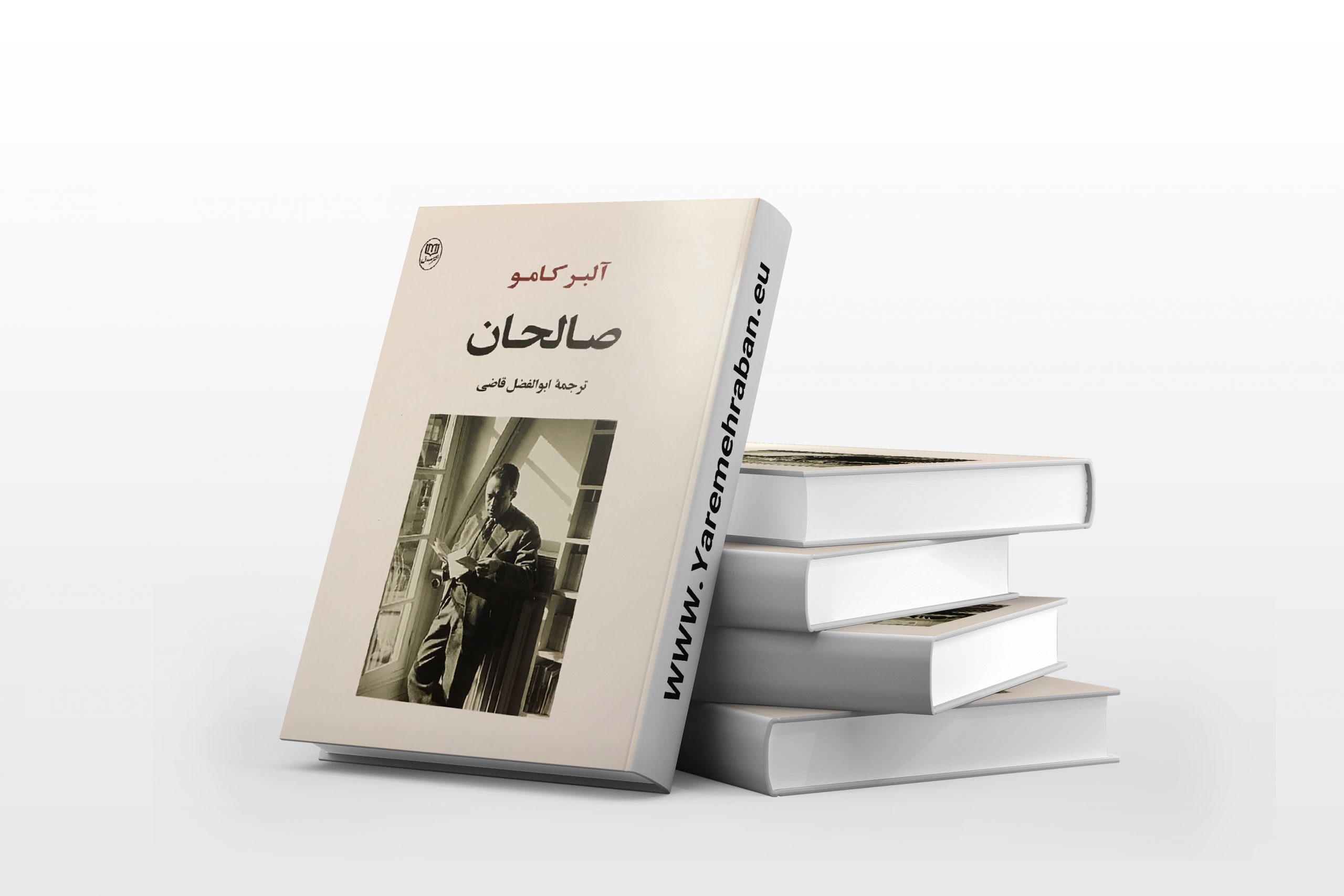

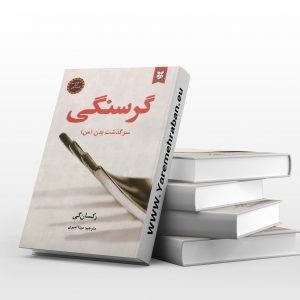

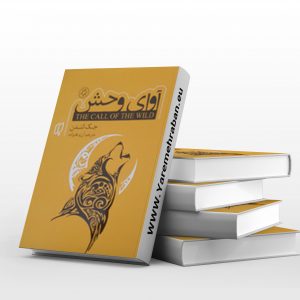
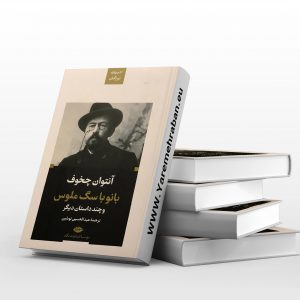
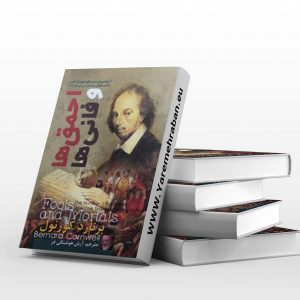
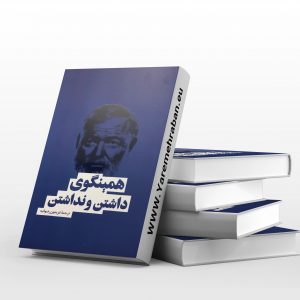

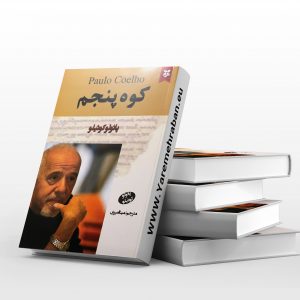
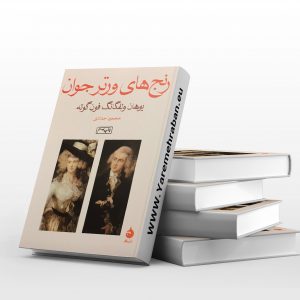
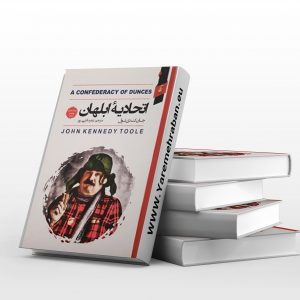

Reviews
There are no reviews yet.